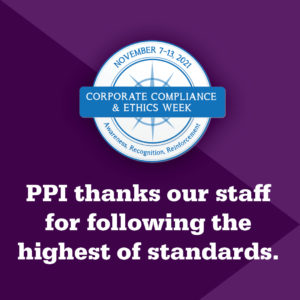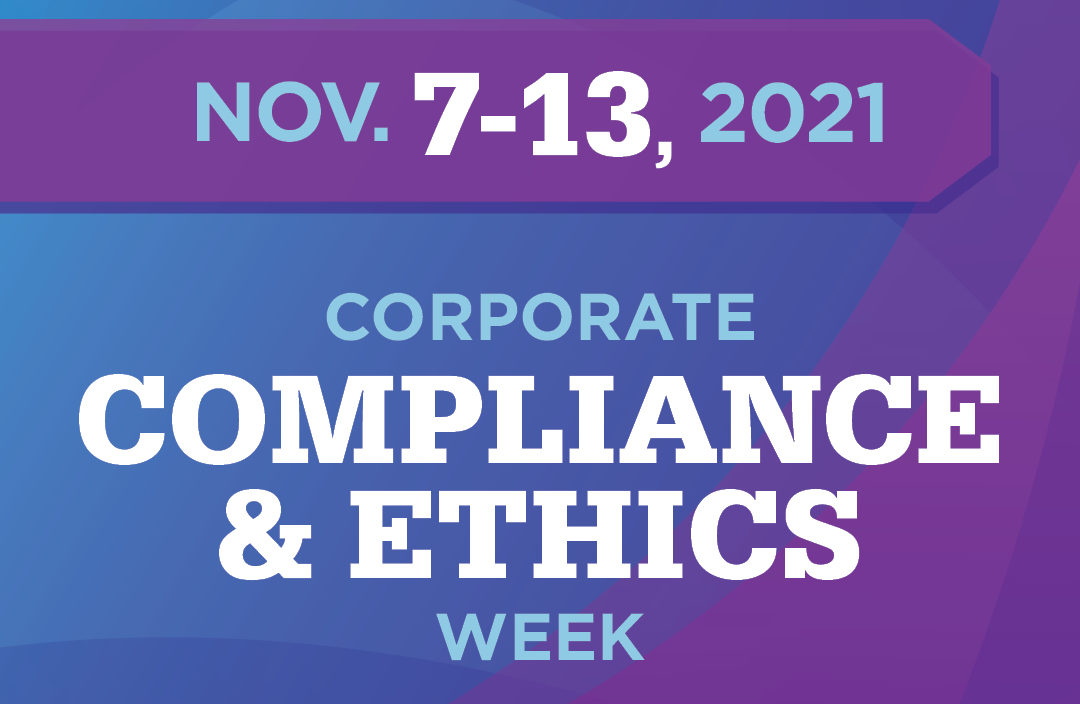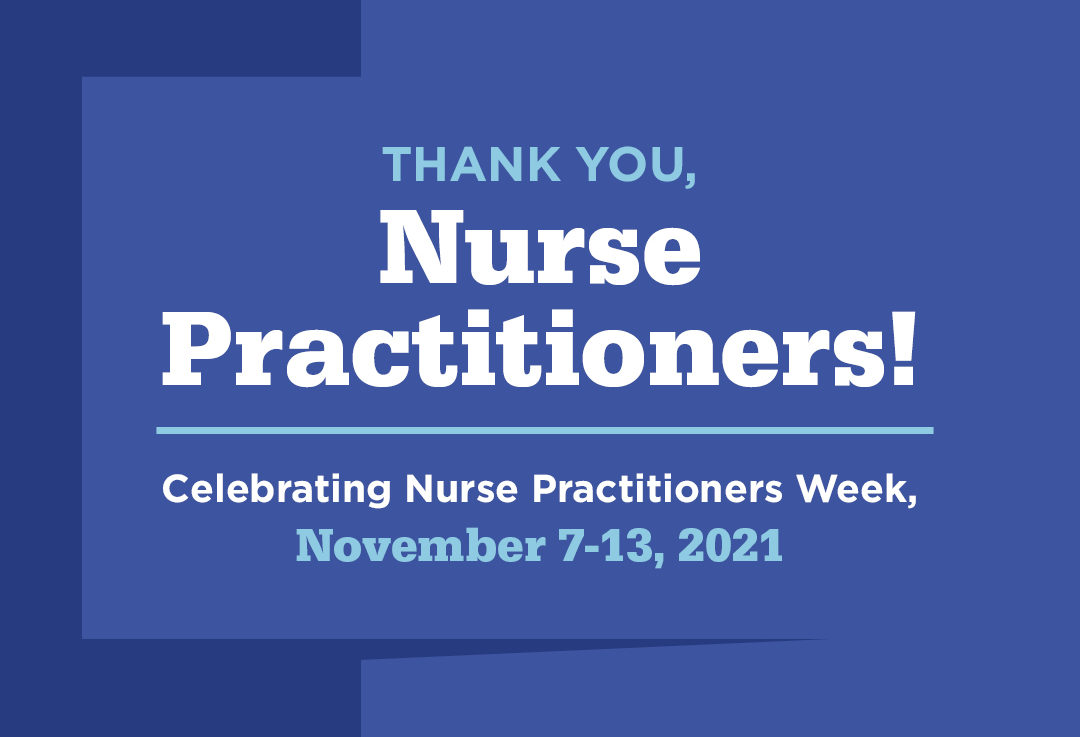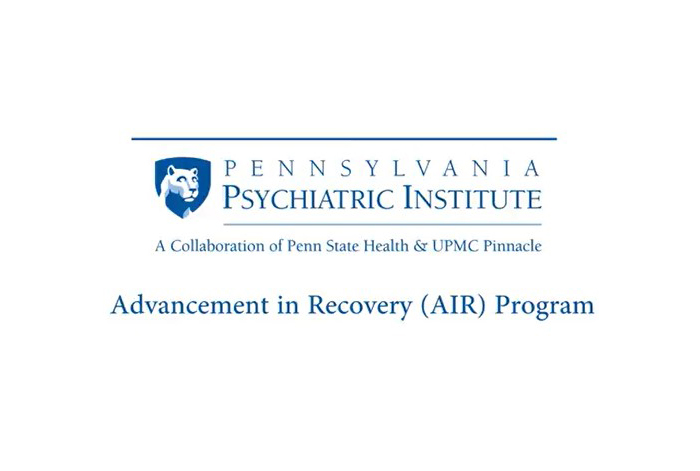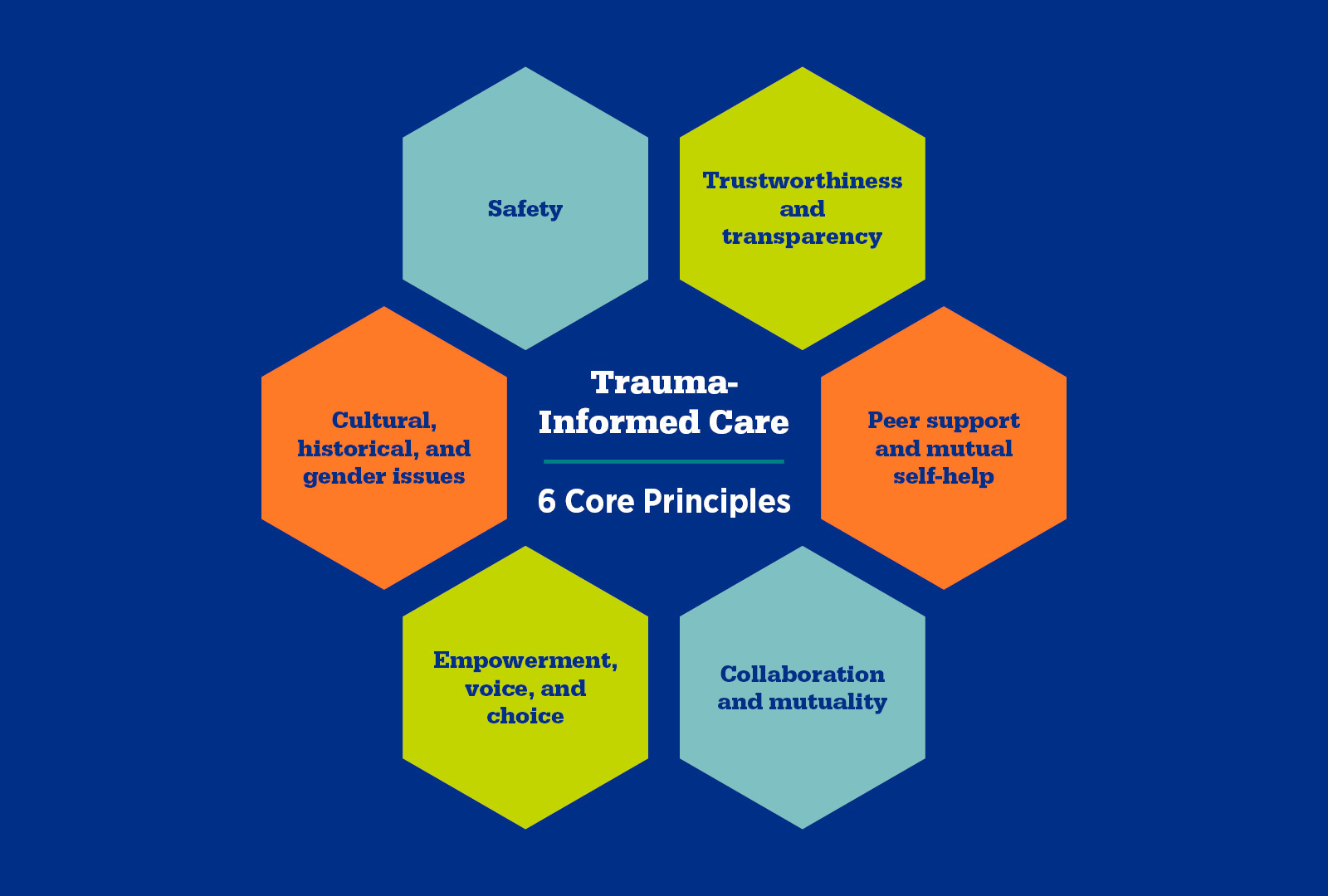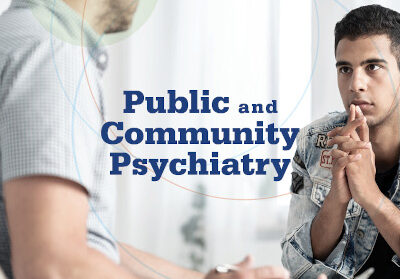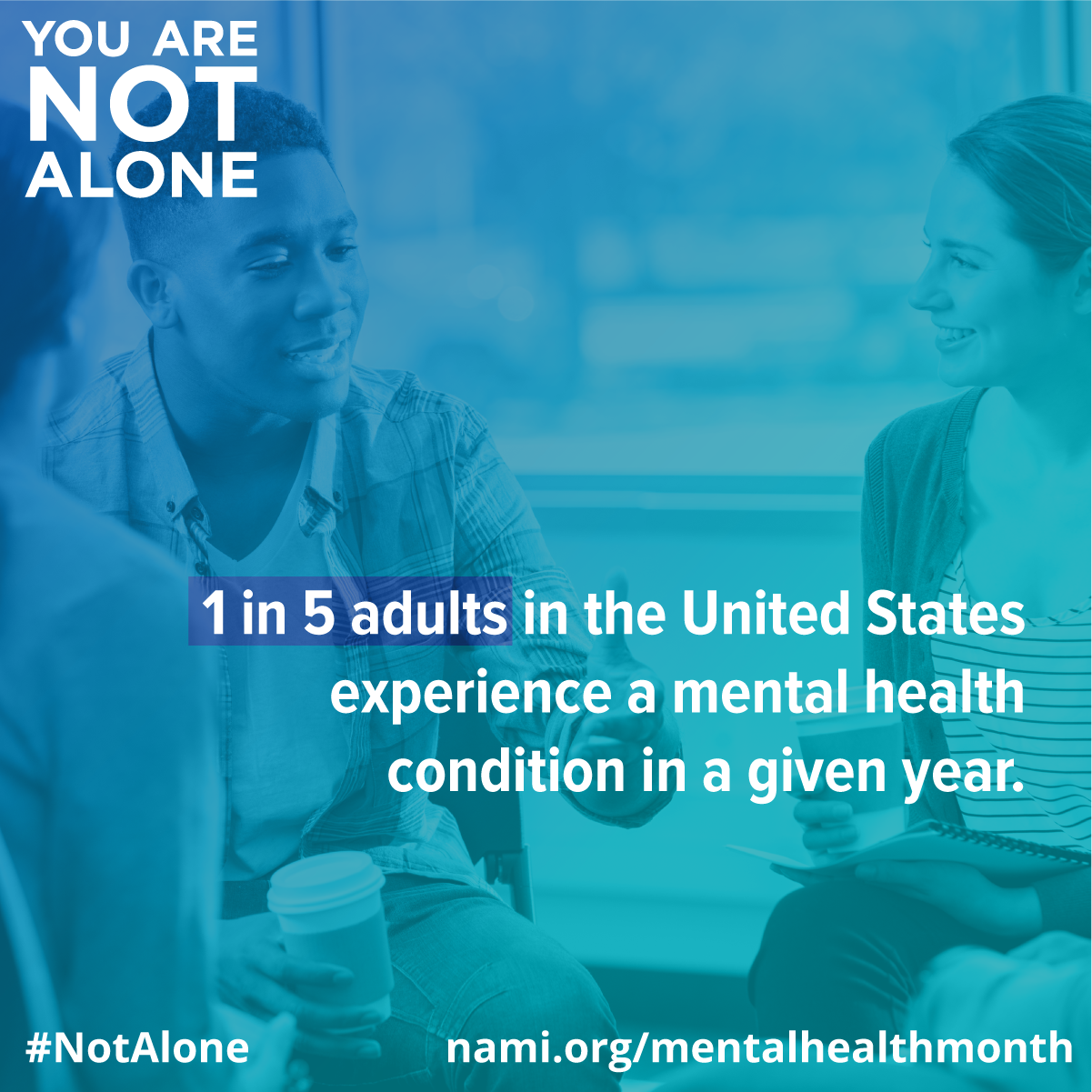Trauma-Informed Care (TIC) is an approach in the human service field that assumes that an individual is more likely than not to have a history of trauma. A trauma-informed approach to care recognizes that health care organizations and care teams need to have a complete picture of a patient’s life situation to provide effective care. TIC recognizes the presence of trauma symptoms and acknowledges the role trauma may play in an individual’s life.
Trauma-Informed Care is based on six key principles set forth by the Substance Abuse and Mental Health Services Administration (SAMHSA):
1. Safety so that staff and patients feel physically and psychologically safe.
2. Trustworthiness and Transparency among staff, patients, and family members.
3. Peer Support for building trust, establishing safety, and empowerment.
4. Collaboration and Mutuality that recognizes everyone has a role to play in a trauma-informed approach.
5. Empowerment, Voice and Choice where individuals’ strengths are recognized, built on, and validated and new skills developed.
6. Cultural, Historical and Gender Issues in which the organization actively moves past cultural stereotypes and biases.
Chad Sibbitt, CTRS, is Pennsylvania Psychiatric Institute’s (PPI) Trauma Informed Care Lead. As a TIC Lead, Chad oversees the TIC initiative at PPI. He helps to lead and guide PPI staff through training, policies, and debriefing.
”For training, we provide materials during crisis intervention training at orientation as well as TIC sessions. This fall, we will have four opportunities for staff to get support through sessions that will also count as CEU credits. The topics we will be covering will be guiding concepts and tools, recognizing our own needs, listening to trauma, and symptoms of trauma exposure”, explains Chad.
”We are working to update the hospital policies and procedures, adding in sections where TIC can benefit the situation. For example, we recently added to a section about fire alarms going off. The alarms can be triggering to certain individuals and being aware of our environment and how it impacts the individuals we care for betters how we can provide individualized care.”
”Personable interaction is key. Trauma talk can be triggering, and so we prefer to provide support in person as best as possible. Debriefing occurs when there is an event in the hospital like a death or significant staff event. When there is an event in the hospital, TIC offers calls to help those who were involved process the situation. TIC also offers multiple follow-up debriefing calls post-event as needed.”
The TIC program has been developing at PPI over the past few years. Though Chad has only been the lead for the past year, he has big goals. ”I strive to be more TIC in practice. I’d love to have technique classes for everyone every 6 months where we can talk about TIC and the impact it could have on someone during daily tasks (like with restraints, for example). We are working on signage to help remind families, patients, and staff of TIC currently, though I hope to one day be able to incorporate TIC into the community through volunteers to create more awareness. I also think it would be great to have a lead therapist involved in the TIC initiatives.”
Though not nearly where they want to be, the TIC team at PPI is working in phases towards improvement. Wanting to get more staff involved to empower them and have them be part of something that makes a difference, they are rolling out a brand-new TIC award to honor staff members who are making a difference.
”We have seen improvements with the care provided by our staff because of this program. Our staff members have learned to be more aware. It is not taking a ”˜what’s wrong with you’ mentality but instead coming from a ”˜what happened to you’ angle when it comes to patients. Not getting caught up in the behavior as much as identifying what caused it helps us to problem solve and better treat the source of the issue.”
”TIC has grown at PPI within other areas as well, such as our patient experience committee. If we have a patient who does not feel safe, we try to find out why. Getting to the reason why means we can be proactive in meeting their needs. This could mean adapting their environment – we have comfort rooms, and weighted blankets for sensory support.”
”Since implementing TIC practices, we have noticed the restraint usage and seclusion numbers are decreasing. I would attribute our staff being proactive and aware of picking things up before they escalate to being a cause of this decrease.”
TIC is not only to better the care of PPI’s patients but for PPI staff as well. ”This line of work can be hard on our staff. To prevent burnout, we have two units working to set up staff comfort areas so staff can get away for a few minutes post challenging experiences. Becoming more of a TIC organization across the board would improve environment and staff retainment. Mental health is a challenging field to work in, compassion fatigue impacts people daily. Everyone has their own personal experience. Compassion fatigue and burnout can bleed into our personal lives. We offer debriefing, support and resources, so our staff feels heard and valued. By creating an environment that is welcoming and supportive, and reminding individuals of the difference they make, I hope to increase the conversations surrounding TIC and spread awareness beyond the walls of PPI.
”The dedication of our leadership in relation to TIC is there. By creating a position to promote TIC throughout our organization, setting aside funding for TIC, and creating opportunities for TIC [through education, orientation, etc.], our leadership shows their dedication to supporting and creating healthy relationships by making TIC an integral part.”
If you would like to speak to someone about better managing your stress and anxiety, or to make an appointment, please call (717) 782-6493 for more information.
